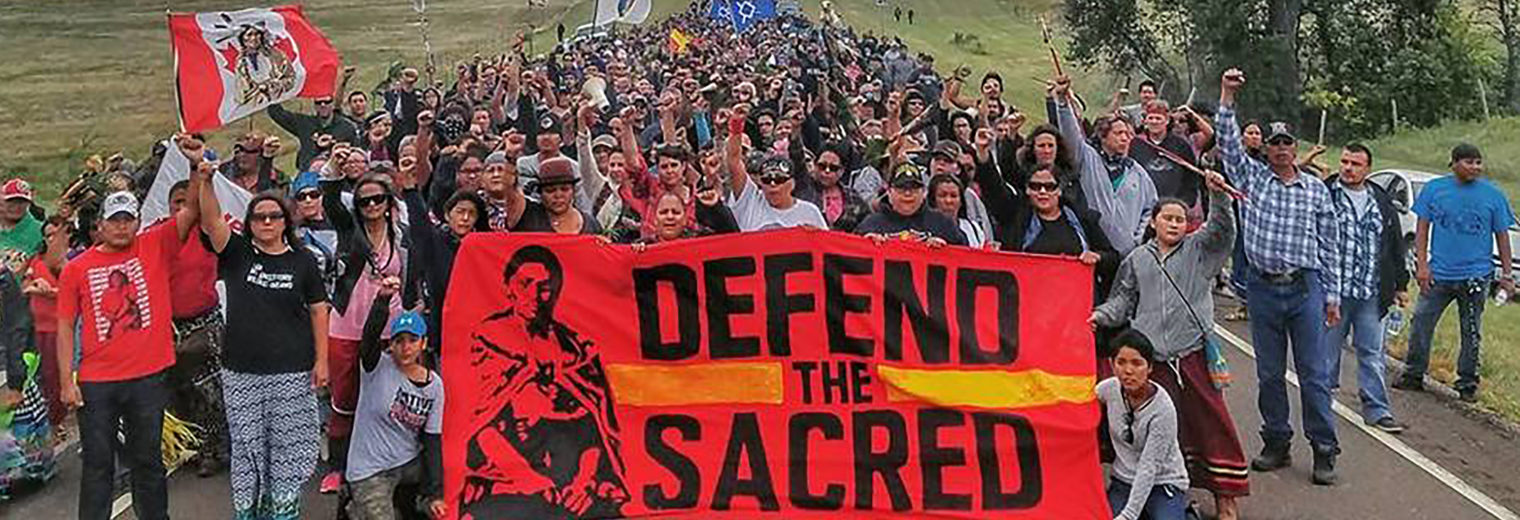For Native people, colonization and environmental injustice go hand in hand.
So argues Dina Gilio-Whitaker in her new book As Long as Grass Grows: The Indigenous Fight for Environmental Justice, from Colonization to Standing Rock. We were pleased to feature it as our November book, and speak with Dina on the Real Food Reads podcast, as we celebrate Native American Heritage Month and, in a few days, the fraught thanksgiving holiday.
Food, we are reminded in the book, has been used throughout history as a tool of war and subjugation. Prior to colonization, Native people were some of the healthiest people in the world—far healthier than Europeans. Genocide, forced displacement, and industrialism led (first) to starvation in Indian country and (later) to dependence on foreign, unhealthy foods.
The loss of access to culturally-appropriate food sources went hand-in-hand with the loss of access to sacred places and traditional plant medicines. This rupture of Native peoples’ relationship with ancestral lands made way for an extractive, capitalist economy that put us on the path to the climate crisis and sixth mass extinction of the earth’s biodiversity.
It’s a powerful story indeed. One that locates colonialism—and the philosophy of domination over nature that accompanied it—at the root of today’s multiple crisis. Most importantly, it challenges us to take up the hard work of decolonization.
In community and solidarity,
Tanya, Tiffani, Anna, and Christina
P.S. See our post on additional resources to decolonize your thanksgiving.
Read the full issue of the Real Food Scoop
Feature image: Sacred Stone Camp via Daily Kos

